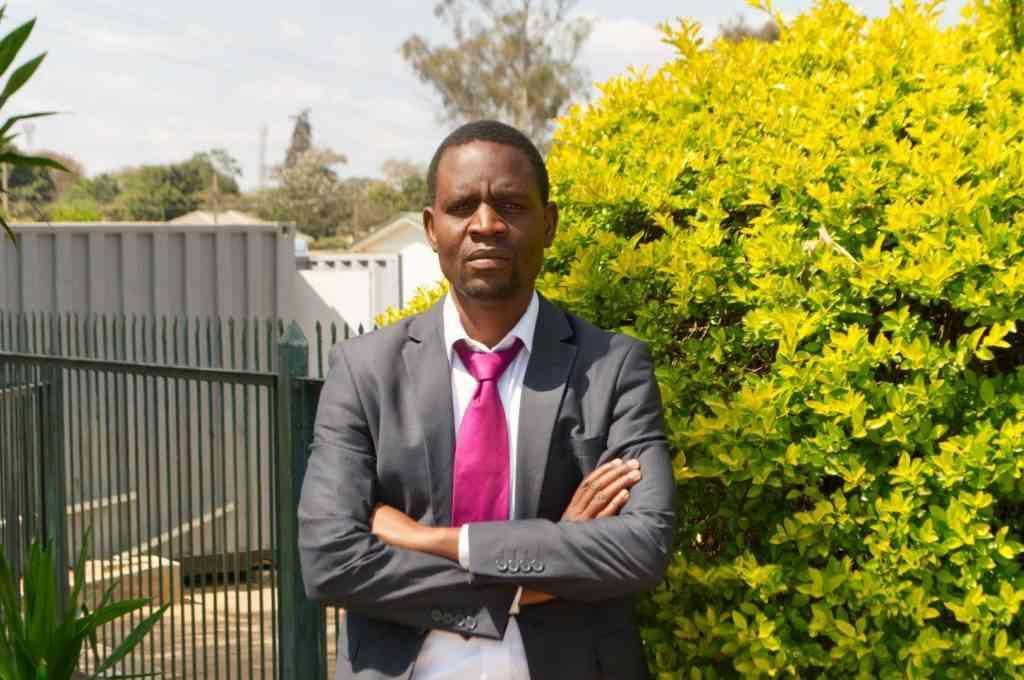Africa-Press – Zimbabwe. RESIDENTS’ associations have condemned the Harare City Council (HCC) for privatising service delivery, citing accountability concerns in the tendering process.
The privatisation drive, which covers waste management, water supply, parking and infrastructure development, comes as the city reportedly grapples with decades of under-investment, corruption and political interference.
Combined Harare Residents Association director Reuben Akili blamed the Local Government and Public Works ministry for interfering in council business, amid allegations of favouring “handpicked” tenderpreneurs.
“Local government is the closest government to the people and the people have to be involved in the decision-making processes, especially on issues that affect them.
“The continued increase in the presence of central government in the affairs of local authorities is worrying. What we need to understand around the privatisation agenda in Zimbabwe is that it is being driven by central government and it is imposed on local authorities,” he said.
Akili said local authorities also have to make decisions, in terms of devolution of power as provided for in Chapter 14 of the Constitution.
“It is not that local authorities, if a directive is given by the central government, they just need to follow or sometimes some of these decisions just remain in the law. Some of these decisions will be based on consultation with residents,” he said.
Harare Residents Trust director Precious Shumba said the public-private partnerships lobbied by the City of Harare lacked transparency and accountability.
“These partnerships benefit the negotiators more than the council. Individuals who lead in facilitating have their commission and they lobby others to support them when the matter comes to the committee and the full council,” Shumba said.
“The issue also involves protecting the funds generated in the deals, especially the funds remitted to council. There is currently no transparency and accountability.”
Economist Tinotenda Bhunu said privatisation will likely lead to workforce reduction, as some tasks will be absorbed by private contractors.
“Some employees may be retrenched, redeployed or absorbed by private contractors, depending on their skills and the terms of privatisation agreements.
“However, in the long run, the impact could be more delicate: council may shift its focus from direct service provision to regulation, oversight and contract management, requiring a smaller but more skilled workforce. This transition can enhance efficiency and accountability,” Bhunu said.
However, political analyst Rejoice Ngwenya applauded privatisation, saying it will resuscitate Harare’s deteriorating service delivery.
“The residents’ associations are conservative leftist individuals who don’t understand free market economics. You know, they talk about the right to water.
“Everybody has the right to water, but that right does not define who delivers water. That is why if there is a right to information, you go out yourself and get information,” he said.
“It is better to have ‘expensive water’ than to have no water at all, waiting for Harare to exercise this constitutional obligation.
“So, I am 100% for privatisation, but I am also 100% for transparency.”
He said the private sector could partner Harare City Council to deliver quality water.
“I would say that the residents’ associations have a right to speak. That is their responsibility, but on this one, they are on their own. We want clean, potable water, and that cannot be delivered by either the government or the local authority. It can be delivered with exquisite strategic private sector partnership,” Ngwenya said.
Contacted for comment, Harare mayor Jacob Mafume said all public-private partnerships are reported in full council meetings.
“Council is a public body, anybody is free to comment, take it to court or ask the minister, or to correct the issue if we have done it wrong,” he said.
“We enter into public-private partnerships with the relevant companies, which will be agreed to by the government. We account to the full council and we speak about these things publicly in full council meetings.”
For More News And Analysis About Zimbabwe Follow Africa-Press






